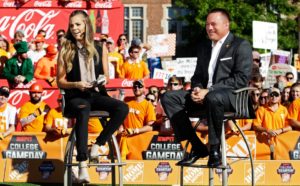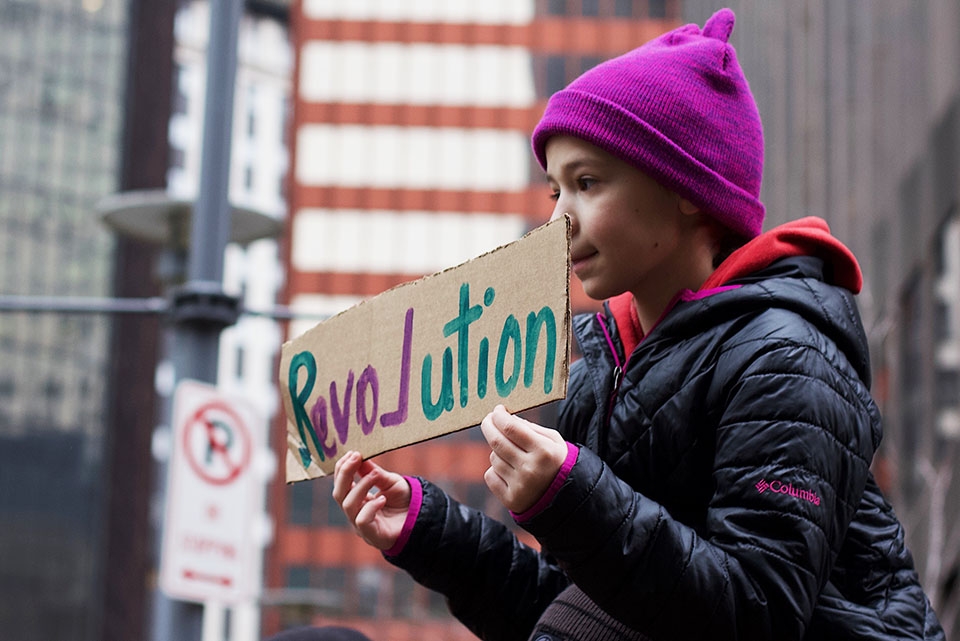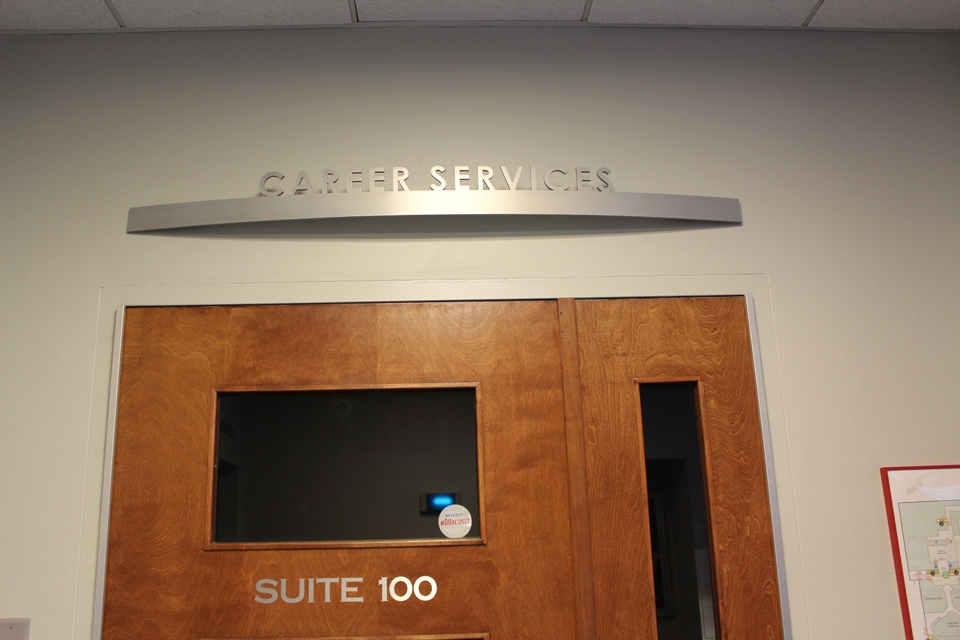
By Bryanna McDermott | Asst. Photo Editor
Women have made incredible strides in the world of sports over the last two years, but it appears some people aren’t quite ready for that reality to take place.
Sarah Thomas became the first female NFL referee in 2015 and the Arizona Coyotes hired Dawn Braid to be the first female coach in the NHL this past August.
But if you ask minor-league baseball player Brooks Marlow, women still don’t belong on ESPN.
Well, Mr. Marlow, as a young woman breaking her way into sports media, I have to disagree.
Marlow’s comments came in the form of a tweet, with his full statement reading: “No lady needs to be on [ESPN] talking during a baseball game specially [sic] Mendoza sorry.”
He was talking about Jessica Mendoza, an Olympic gold medalist and Stanford all-American softball player, who was hired to call “Sunday Night Baseball” during the 2015 season.
My problem with Marlow’s comments isn’t that he criticized Mendoza; all sports fans have an analyst that makes them cringe. The problem is that Marlow claimed women shouldn’t be on ESPN talking about baseball.
Why isn’t Mendoza qualified to talk about Major League Baseball?
She played softball at its highest level and excelled at it in almost every way possible. The rules of baseball and softball are almost identical, so what disadvantage does Mendoza have?
Just because she never had to face a Clayton Kershaw curveball or catch a long popfly off the bat of Bryce Harper doesn’t mean she’s not qualified. If this is your argument, then please explain why men not only are analysts for women’s sports, but are also coaches.
If men can coach a women’s basketball, hockey or any other sport’s team, why can’t a woman be an analyst for “men’s” baseball?
The saddest part of this situation is that Marlow isn’t the only one who thinks this way.
A quick scroll through the comment section of any article on the subject matter proves this. Commenter after commenter states that they also believe women shouldn’t be talking about sports.
It’s 2016. Sports are no longer a man’s domain.
There are women all throughout the sports world, not just engaging in female athletics but actively working in professional male sports.
I have had the pleasure to work with and for some incredibly strong, knowledgeable and professional women in sports media for both developmental teams and the NHL.
These women excel at their profession and absolutely belong in their desired field, whether it’s social media, public relations, journalism or marketing.
Spoiler alert: Some of your favorite sports teams’ Twitter accounts are run by women. I know, it’s probably a little hard to comprehend, but it’s true.
The Pittsburgh Penguins Twitter account reached one million followers last week; who was the mastermind behind this social media success? A woman. Unbelievable, huh?
Marlow may be surprised, but women do know sports, and they have every right to talk about them on whatever platform they wish, just as men do.
ESPN has nearly 80 female commentators, working as TV anchors for SportsCenter, sideline reporters, analysts and in other positions.
The network is one of the leaders in breaking down the idea that sports are only for men, so I doubt these women are going to lose their jobs simply because a minor-league baseball player hasn’t realized what decade we’re in.
Marlow only posted a .220 batting average and struck out a whopping 88 times as a member of both the Lancaster Jethawks and Quad Cities River Bandits this past season.
Maybe he should be spending a little more time focusing on his career and less on who’s calling “Sunday Night Baseball.”



